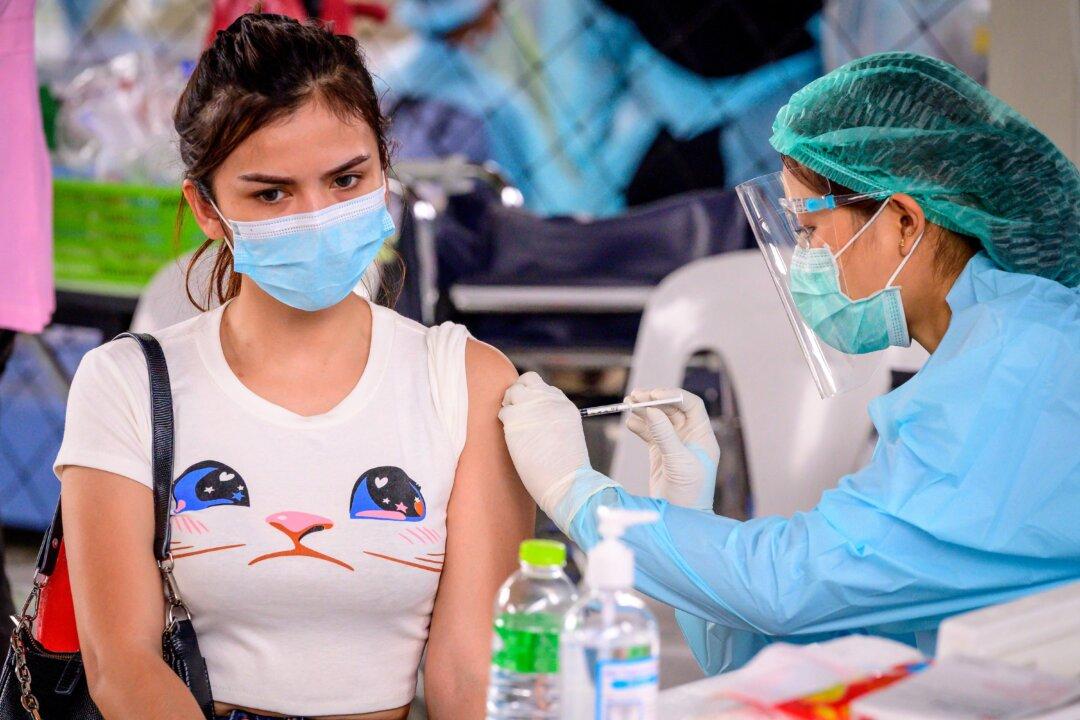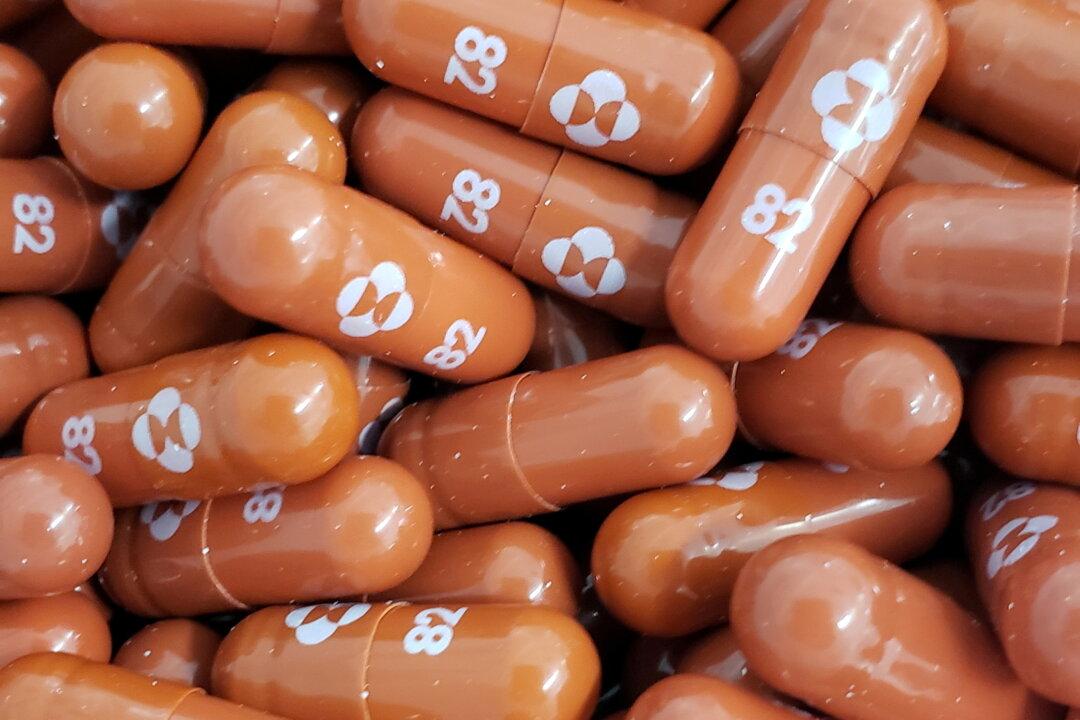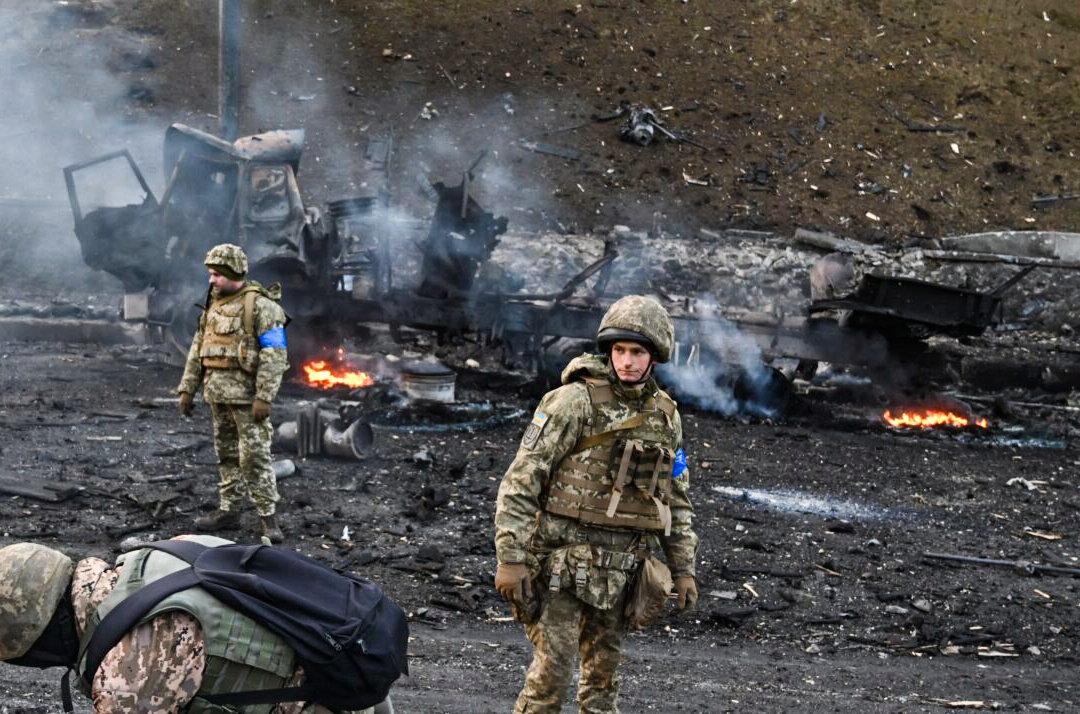The China-made Sinovac-CoronaVac vaccine is the least effective in preventing infection or severe symptoms among COVID-19 patients compared to the Sinopharm, Moderna, and Pfizer-BioNTech/Comirnaty vaccines, according to a recently published study from Singapore.
“We observed a lower relative effectiveness of two inactivated whole virus vaccines (Sinovac-CoronaVac and Sinopharm) against COVID-19 infection compared with two mRNA vaccines (Pfizer-BioNTech/Comirnaty and Moderna),” reported the researchers in a study published in Clinical Infectious Diseases on April 12.




